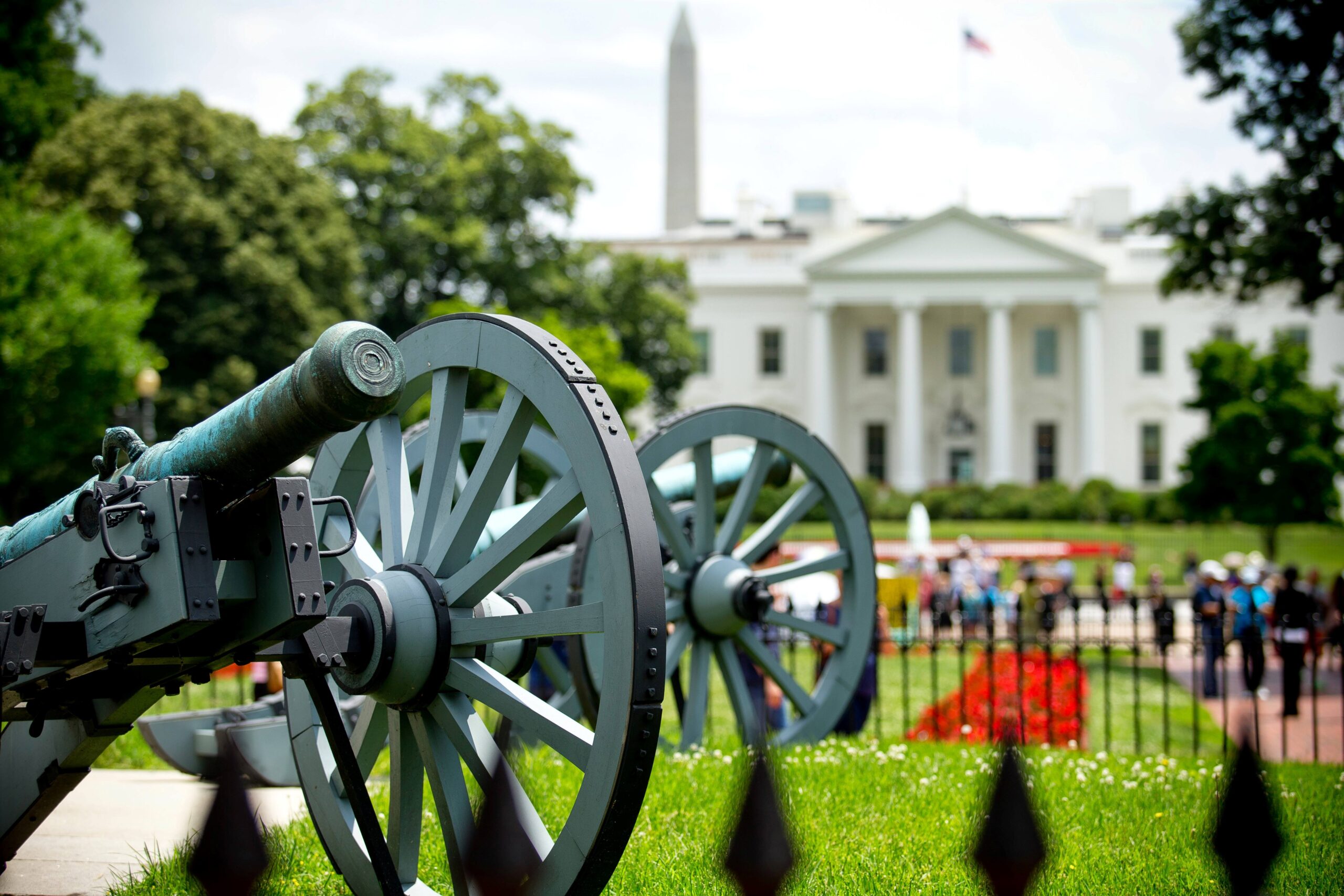Shakespeare’s Dick the Butcher, in the play Henry VI, uttered the oft-quoted words “The first thing we do, let’s kill all the lawyers.” Shakespeare’s intent with these words has been debated, but one interpretation is significant. “Shakespeare insightfully realized that disposing of lawyers is a step in the direction of a totalitarian form of government.” Walters v. Nat’l Ass’n of Radiation Survivors, 473 U.S. 305, 371 (1985) (Stevens, J. dissenting).
The Trump script is different but at least as pernicious – ‘the first thing we do, we frighten [indeed threaten] lawyers who challenge the administration’s authority’.
What brought this on? Jack Smith, former special counsel prosecuting Mr. Trump, sought legal services after resigning. A law firm offered that assistance at no cost. When that became public, the attack on lawyers commenced with a fury.
Wielding power from the Oval Office, the President issued a memorandum against that firm, Covington and Burling, stripping security clearances from some of its attorneys and directing “all agencies to review all Government contracts with Covington & Burling LLP.” Put more simply, ‘we’ll kill the lawyers financially for offering help to those who are deemed enemies.’ [The same action was taken on March 6 against a second firm, Perkins Coie, both for its having assisted the Clinton campaign in 2016 and operating a DEI student summer fellow program.]
An even more direct threat was the message on X from the new United States Attorney for the District of Columbia, Ed Martin. With a hashtag of #NoOneIsAboveTheLaw, Martin wrote “Save your receipts, Smith and Covington. We’ll be in touch soon.”
What is wrong here? Plenty. Covington is being threatened with financial loss and the inability to represent other clients just for giving advice – free advice. Prosecutors have ethical obligations to ensure people in criminal cases have access to counsel and to refrain from public comments that “have a substantial likelihood of heightening public condemnation of the accused…”. The intemperate “we’ll be in touch soon” is a message not only to Covington but to any lawyer considering aiding anyone at odds with the administration.
And the impact has been immediate and pronounced – as reported by Bloomberg, “One Big Law partner, speaking on condition of anonymity to avoid facing retaliation, said he’s never witnessed this level of concern among firm management about potential economic repercussions for protecting the rule of law.”
Smith has not been charged criminally – if he had, the Sixth Amendment right to counsel would have kicked in and given him protection from government interference with his choice of lawyers. Before charges, there is arguably a due process right to consult with counsel, but even if the Constitution doesn’t make that clear it is simply wrong and anti-democratic for the government, with all its power, to squeeze lawyers to deprive citizens of their services. And what is more unseemly than a prosecutor using social media to flaunt their power and threaten lawyers?
In the 1950s, when Communism was greatly feared and schoolteachers and others were prosecuted in “Smith Act” trials for party membership, Philadelphia’s big law firms provided lawyers for the defense. Certainly not Communists themselves, they understood the need for and the public service in serving as counsel to those facing the immense power of the government. That is the tradition of lawyering – ensuring process and giving those under attack a voice.
John Rodgers Carroll, one of the lawyers in that effort, once said that the military protects this nation, and lawyers make it a nation worth protecting. That can’t happen when the government takes Dick the Butcher’s words and makes it a time to “scare” all the lawyers and kill access to their services.


